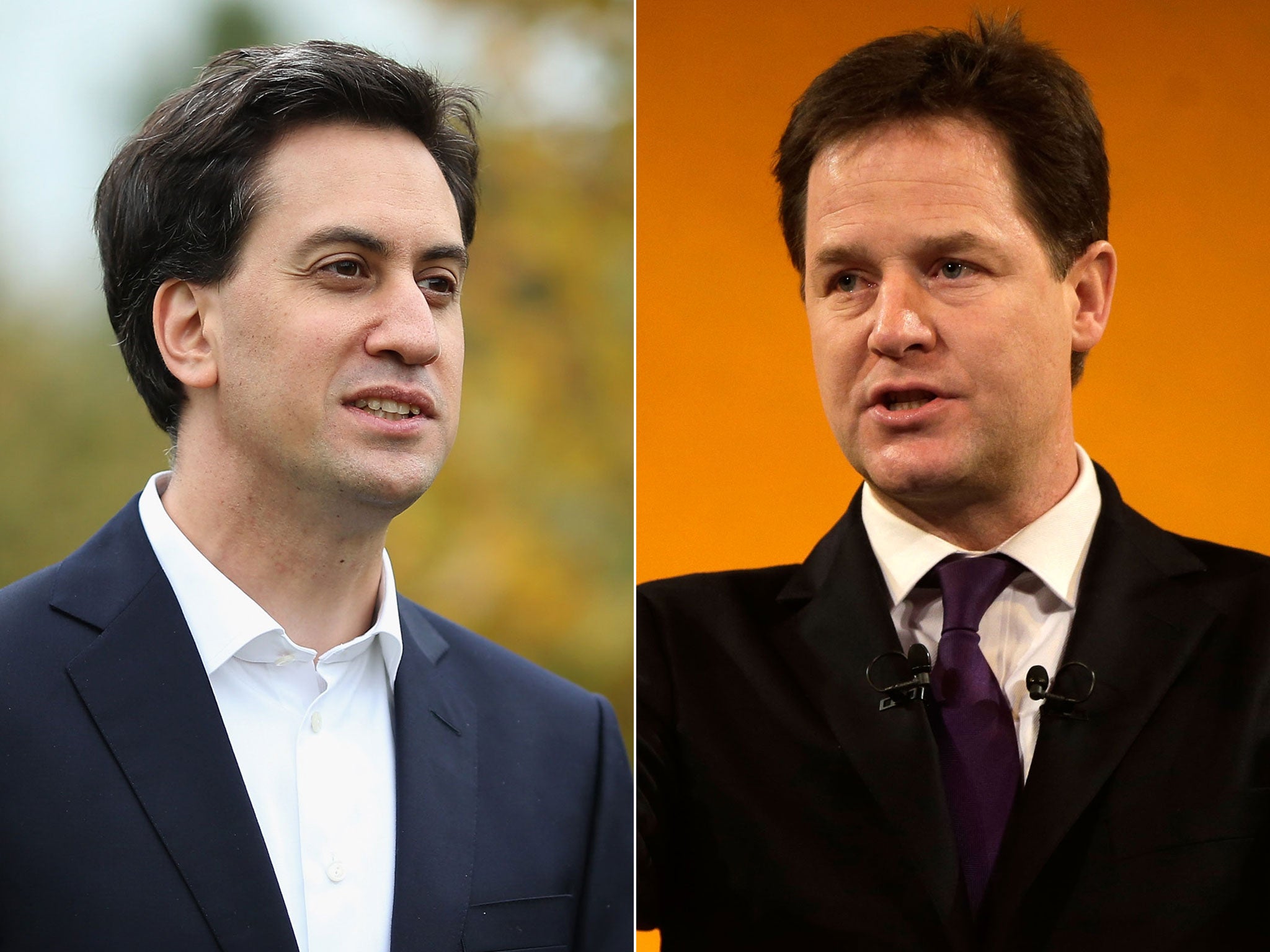Tories braced for heavy losses as Coalition goes head-to-head
UK Independence Party field three times as many candidates as last year

The Conservatives and Liberal Democrats will go head-to-head in local elections on 2 May in what will be a dress rehearsal for the battles between them at the 2015 general election.
Tensions between the two Coalition parties are rising as they do battle in many areas which include key marginal seats that could decide their fate in 2015 – including Cornwall, Devon, Somerset and Hampshire. Campaigning resumed today after being put on hold when the death of Margaret Thatcher was announced on Monday. Elections take place next month for a total of 2,392 seats on England’s 27 county councils, six all-purpose authorities and in Anglesey in Wales.
As ever, the three main parties are downplaying expectations in the hope that their results look better when they are declared. The Conservatives have the biggest presentational headache; they are bound to suffer losses because they did very well when the same seats were last contested in 2009, the low point of Gordon Brown’s fortunes as Prime Minister. A disastrous performance saw Labour lose more than 320 seats, while the Conservatives gained 285. The Tories now control most county councils and hold six out of 10 of the seats being contested. The reversal of Tory and Labour ratings in the opinion polls since 2009 means some Tories are bracing themselves for the loss of 500 seats next month.
Labour officials insist that 200 gains would be a good result for the party because most of the elections take place in Tory heartlands, with 60 per cent of the voters in the South East, South West and Eastern regions. So Labour expects to land a lower share of the vote than the Tories. Labour is looking to regain control of Nottinghamshire and Derbyshire and will be privately hoping for success in Lancashire and Staffordshire. Labour’s performance in places like Harlow, Dover, Crawley and Ipswich will also matter because Ed Miliband’s party needs to fight back in the South in 2015.
The Lib Dems, who are attacking Labour and the Tories with equal force in the local campaign, say the elections will be “tough” because they are in government. They point to academics’ predictions that they could lose 190 seats and say they hope to do better than that. They have high hopes in Somerset and Cornwall which, if fulfilled, would reinforce the message from the February by-election in Eastleigh, Hampshire – that Nick Clegg’s party performs much better in the ballot box than the national opinion polls.
The wildcard on May 2 could be the UK Independence Party. The anti-EU party is consistently in double figures in the opinion polls and is fielding more than 1,700 candidates, a record number and three times as many as 2009. It could prove a “spoiler” which prevents Tory victories, helping the Lib Dems in the South and Labour in the North. The party insists it is also winning over former Labour and Lib Dem supporters, and those who did not vote at the 2010 general election.
Subscribe to Independent Premium to bookmark this article
Want to bookmark your favourite articles and stories to read or reference later? Start your Independent Premium subscription today.

Join our commenting forum
Join thought-provoking conversations, follow other Independent readers and see their replies